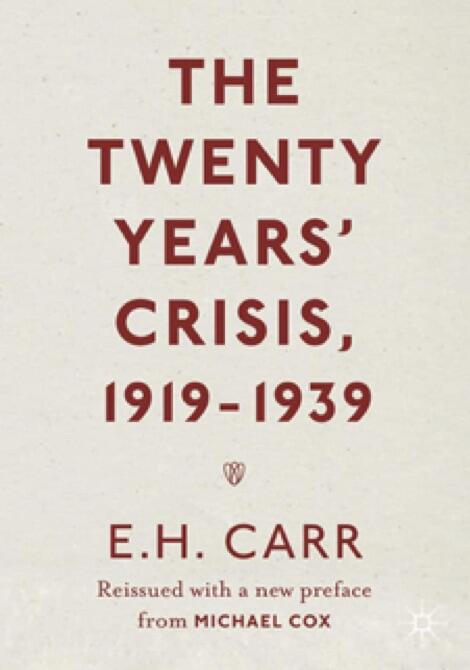
SIPA’s Top Summer Reads
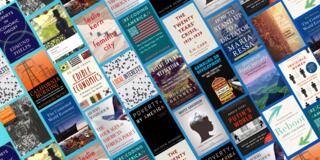
Are you looking for one great book this summer — or maybe a few? We’re pleased to share the following recommendations from SIPA faculty and staff, who have highlighted books that will help you build your understanding in the areas of SIPA’s Global Policy Challenges.
Some are introductory, while others assume a little background in their subjects — and all are optional. But they’re each a great candidate to make your summer a little more interesting. Read on for additional info!
Geopolitical Stability

The Twenty Years’ Crisis, 1919–1939, by E. H. Carr (originally published in 1939 and revised in 1946; Palgrave Macmillan, 2016)
For centuries theorists have argued inconclusively about what forces determine relations in international politics: material interests and military power, moral values and enlightened self-interest, or other forces? Carr wrote on the eve of World War II, but many of the issues he discussed — and counterarguments against him — remain relevant today, from the current war in Ukraine, to the West's relations with China, to U.S. policies toward Iran, Israel, North Korea, Venezuela, Saudi Arabia.
— Richard Betts, Leo A. Shifrin Professor of War and Peace Studies
Putin's World: Russia Against the West and With the Rest, by Angela Stent (2nd ed., Twelve, 2023)
A superb overview of Putin's foreign policy, this well-written and nuanced account is essential reading for anyone trying to understand the evolution of Putin's worldview since he became Russia's president in 2000 and how that evolution led him to invade Ukraine in February 2022. Angela Stent masterfully — and economically — weaves Russia's past history into a current-day assessment of Moscow's relations with each of the world's regions.
— Peter Clement, Interim Director, Saltzman Institute of War and Peace Studies
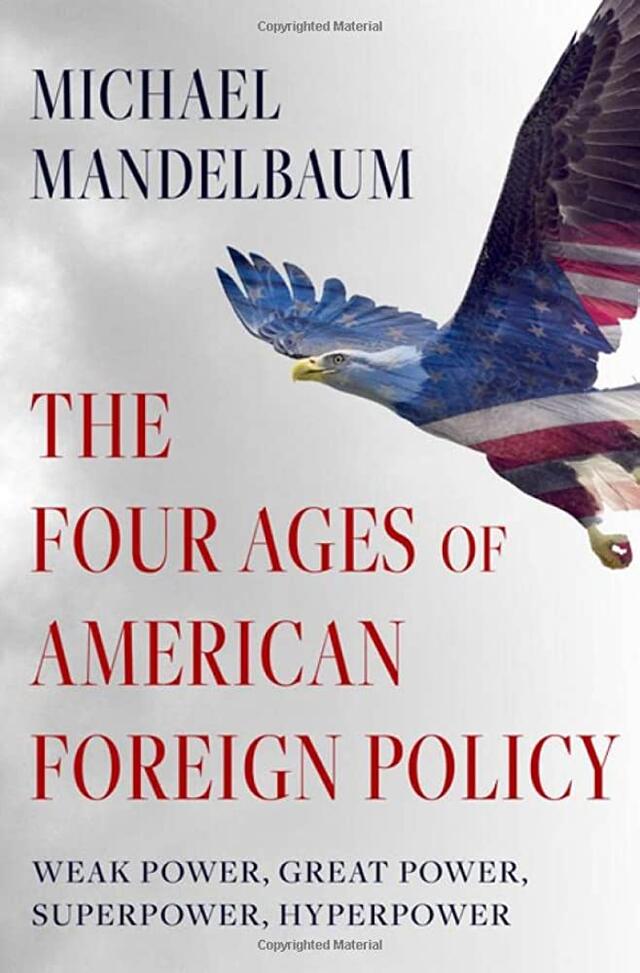
The Four Ages of American Foreign Policy: Weak Power, Great Power, Superpower, Hyperpower, by Michael Mandelbaum (Oxford University Press, 2022)
Mandelbaum provides a superb background on the US role in the world over the past two and half centuries, with plenty to say on the present day as well. The book highlights the “fascinating paradox” identified by James Lindsay of the Council on Foreign Relations: “that over the last thirty years the United States has enjoyed the most relative power in its history… but also had its least successful foreign policy.”
— Ingrid Gerstmann, Assistant Director, Saltzman Institute of War and Peace Studies
War in European History, by Michael Howard (updated edition, Oxford University Press, 2009)
Elegantly written and admirably brief, this classic by the great British military historian was first published in 1976, but its essential point is both simple and enduring: Conflict is always the mirror of a society — its values, its power structure, its technology. To understand conflicts and resolve them, we need to better understand the societies in which they develop. A good preparation for conflict resolution!
— Jean-Marie Guéhenno, Director of the Kent Global Leadership Program on Conflict Resolution; Arnold A. Saltzman Professor of Practice, Saltzman Institute of War and Peace Studies
Climate and Sustainable Development

Silent Spring Revolution: John F. Kennedy, Rachel Carson, Lyndon Johnson, Richard Nixon, and the Great Environmental Awakening, by Douglas Brinkley (Harper, 2022)
The author recounts how growing alarm over environmental degradation in the 1960s and 1970s transformed itself from a social movement into the laws that define America’s environmental policy today. His wide-ranging account shows how rapidly public policy can evolve when social mobilization reaches a tipping point. In an age of escalating urgency about climate change, this book is of the utmost relevance.
— Jason Bordoff, Founding Director, Center on Global Energy Policy
Universal Food Security: How to End Hunger While Protecting the Planet, by Glenn Denning (Columbia University Press, 2023)
This book, from the director of SIPA’s MPA in Development Practice, allows students to understand how the current food and climate crises are intertwined, and why geopolitics can aggravate them. Using science and evidence, it teaches us how to find a solution to these global challenges.
— Mauricio Cárdenas, Professor of Professional Practice in Global Leadership; Director, MPA in Global Leadership
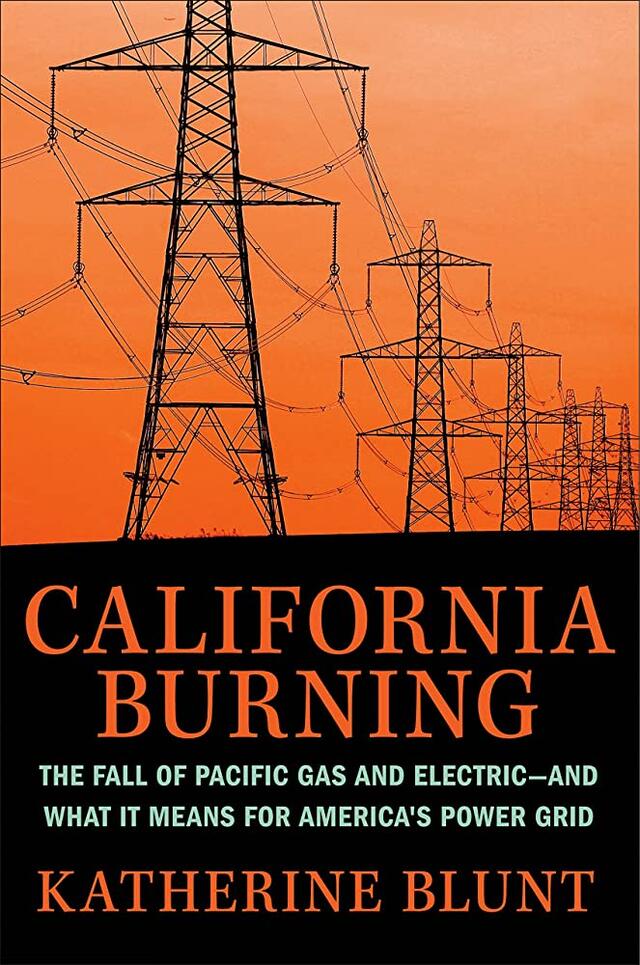
California Burning: The Fall of Pacific Gas and Electric — and What it Means for America’s Power Grid, by Katherine Blunt (Penguin, 2022)
Blunt covers renewable energy and utilities for the Wall Street Journal, and her recent book reads like an energy thriller! In addition to covering the history of PG&E, it explains how the electric grid works and highlights the human cost of infrastructure failure.
— Andrew Donini, Manager, Energy and Environment Concentration; Manager, Center for Environmental Economics and Policy
Field Notes from a Catastrophe, by Elizabeth Kolbert (Bloomsbury USA, 2015)
The climate crisis is the biggest policy issue of our time, and SIPA students will need basic literacy in the scope of the problem. This book provides a good primer on the issue.
— V. Page Fortna, Member, Saltzman Institute of War and Peace Studies; Harold Brown Professor of US Foreign and Security Policy, Department of Political Science
Democratic Resilience
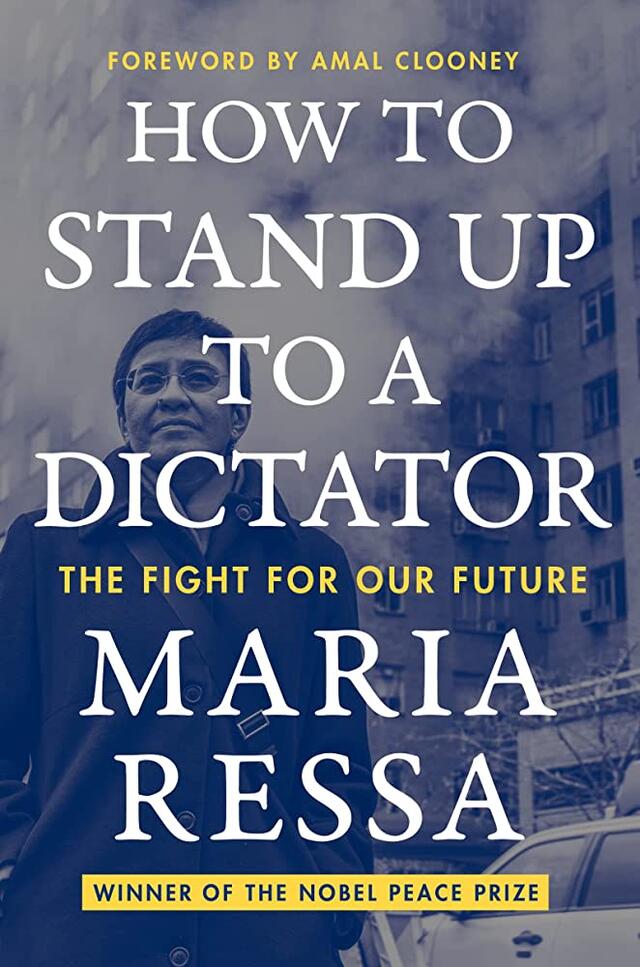
How to Stand Up to a Dictator, by Maria Ressa (Harper, 2022)
In her November 2022 memoir, Ressa highlights the threats to free media and to democracy itself — from not only the state but also indifferent social media companies. The book is a poignant memoir of her own life between two continents and careers — and her journey from CNN reporter to helping co-launch Rappler, which eventually won her a Nobel Peace Prize.
—Lionel Beehner, Senior Editorial Director, Columbia SIPA
Inclusive Prosperity and Macroeconomic Stability
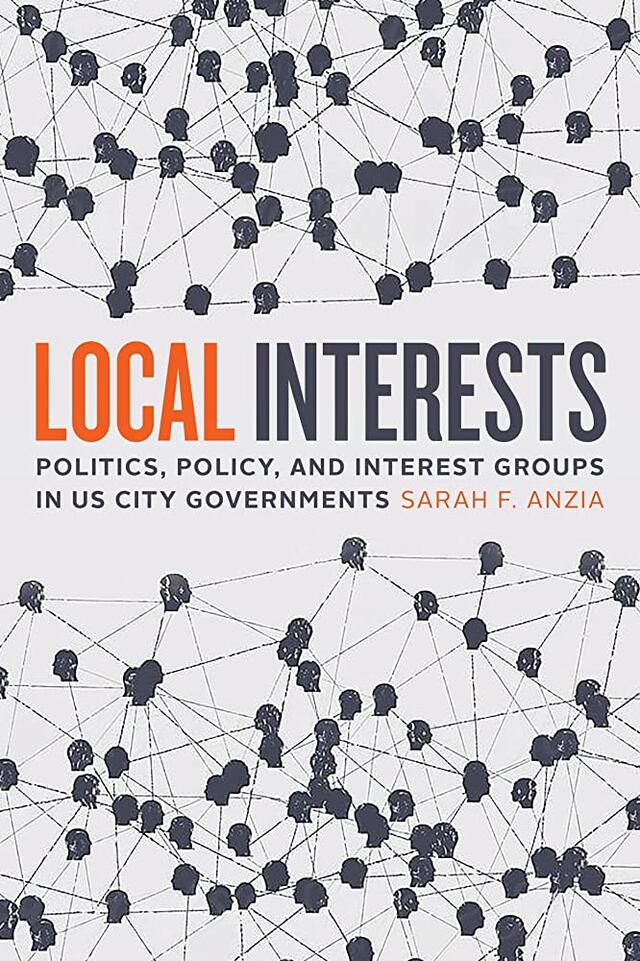
Local Interests: Politics, Policy, and Interest Groups in US City Governments, by Sarah Anzia (University of Chicago Press, 2022)
Poverty, by America, by Matthew Desmond (Crown, 2023)
Feminist City: Claiming Space in a Man-Made World, by Leslie Kern (Verso, 2020)
These three titles treat very different aspects of urban policy; together they help create a sense of the subject as a whole.
— Ester Fuchs, Professor of International and Public Affairs and Political Science; Director, Urban and Social Policy Program
Edible Economics: A Hungry Economist Explains the World, by Ha-Joon Chang (Public Affairs, 2022)
Foodies interested in economic development issues should consider this enlightening and entertaining book by economist Ha-Joon Chang, who shared highlights with an overflow audience at SIPA in February 2023. Each chapter weaves interesting facts about particular food items — including garlic, okra, coconut, chili, lime and chocolate — together with Chang’s heterodox economic views. (An added perk: SIPA readers may access the book online through Columbia Libraries.)
— Eugenia McGill, Senior Lecturer in the Discipline of International and Public Affairs; Codirector, Economic and Political Development concentration
My Journeys in Economic Theory, by Edmund Phelps (Columbia University Press, 2023)
A series of engaging memoirs by the long-time Columbia economics professor and Nobel Prize winner, this book offers a painless way to learn some economics. Phelps developed a new understanding of unemployment and inflation and went on to rethink the roots of innovation. He is among the most important economists of his generation.
— Richard Robb, Professor of Practice in International and Public Affairs

What We Owe Each Other, by Minouche Shafik (Princeton University Press, 2021)
“Social contracts shape every aspect of our lives,” writes Columbia University’s 20th president, “including how we raise our children and engage in education, what we expect from our employers, and how we experience sickness and old age.” In her recent book, Shafik calls for a better social contract to underpin our economic system, challenging institutions and individuals to rethink how we can better support each other to thrive.
— Keren Yarhi-Milo, Dean, Columbia SIPA; Adlai E. Stevenson Professor of International Relations
Money, by Émile Zola; translated by Valerie Minogue (Oxford University Press, 2014)
Money documents the scheming of failed property speculator Saccard. Even though the book was written in 1891, the subject feels very much like the scandals of today. Take this timeless, entertaining novel to the beach.
— Richard Robb, Professor of Practice in International and Public Affairs
Technology and Innovation
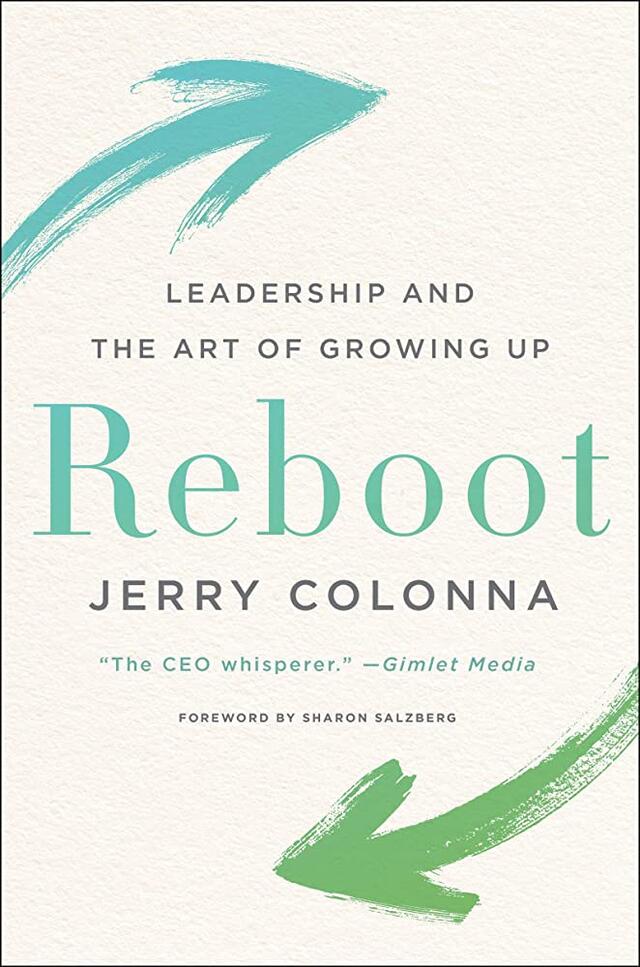
Reboot: Leadership and the Art of Growing Up, by Jerry Colonna (Harper Business, 2019)
This is an incredible book about how to be a better leader, communicator, and person by working on all the junk that gets in our way — impediments that, in most cases, we’ve carried since childhood. A former venture capitalist turned executive coach to CEOs, Jerry Colonna offers instructive insights about how much our past, habits, and conditioning influence our work and our relationships. Ultimately he shows that more effective leadership is contingent on finding ways to be a better human first!
— Sarah Holloway, Senior Lecturer in International and Public Affairs; Director, Leadership, Innovation, and Design specialization
Recoding America: Why Government is Failing in the Digital Age and How We Can Do Better, by Jennifer Pahlka (Metropolitan Books, 2023)
In this gripping and important book, Pahlka — who is President Obama’s former deputy chief technology officer and the founder of Code for America — explains the failures of government service delivery online and what it takes to improve it. More than just a guide to how technology is designed by government, it also provides insights into how bureaucracies work and what needs to change. For anyone who would like to see the US government become more efficient and streamlined (more like Estonia!), this book is a must-read.
– Anya Schiffrin, Director, Technology, Media, and Communications specialization